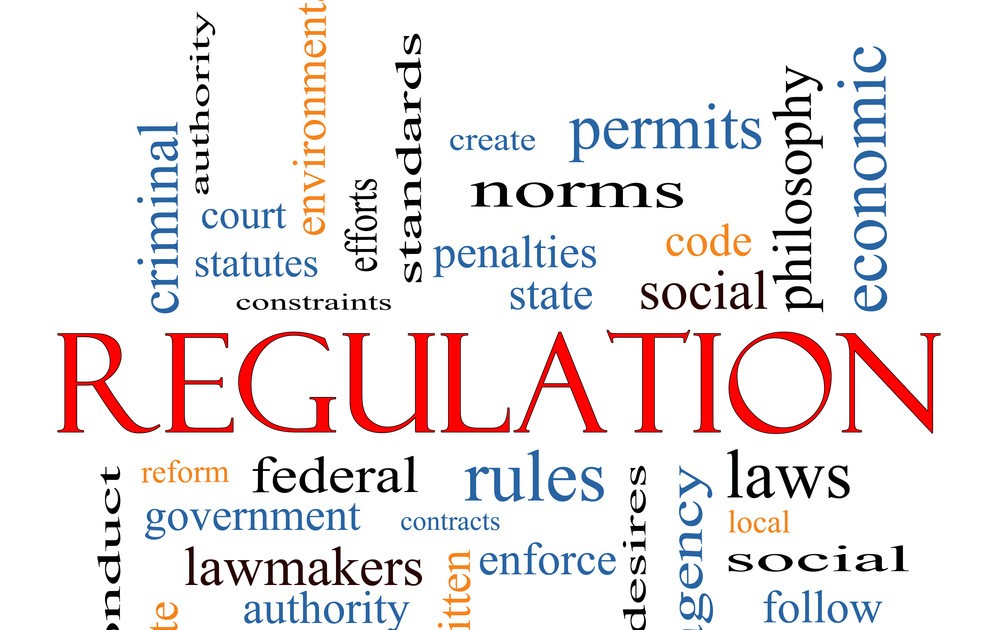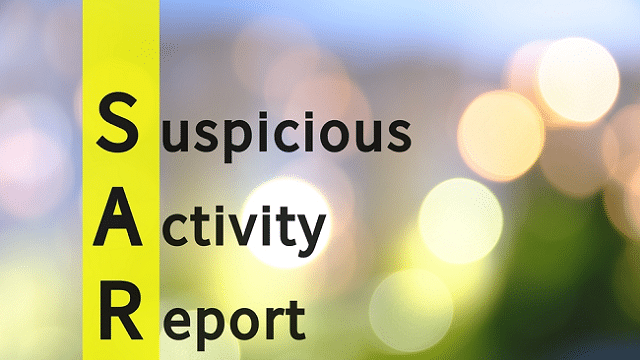TD Ameritrade to restrict orders in Caveat Emptor designated OTC securities to liquidating trades only
According to a statement posted on the TD Ameritrade website, the popular trading platform will restrict orders in Caveat Emptor designated OTC securities to liquidating trades only starting May 25, 2021.
Robinhood Legal Battle Updates
On April 16, 2021, the Securities and Exchange Commission (“SEC”) case against Robinhood Financial moved one step closer to a payout when the SEC issued an Order appointing JND Legal Administration as the Fund Administrator of the Fair Fund established for the $65,000,000 that Robinhood Financial had agreed to pay on December 17, 2020.
The Fair Fund will be used to distribute the $65,000,000 among harmed investors.
SEC Charges Ubong Uboh and Tyler Crockett for Using a Call Room to Manipulate Stocks
On April 20, 2021, the Securities and Exchange Commission (the “SEC”) filed charges against Ubong Uboh and Tyler Crockett for soliciting investors to purchase shares of several microcap issuers from a call room in Miami, Florida.
Five Individuals Charged in Fraud Stock Offering, Stock Manipulation and Money Laundering Scheme
On Wednesday, April 14, 2021, five Individuals were indicted for a stock manipulation/money laundering scheme involving a private oil and gas company and two public Issuers, OrgHarvest Inc (“ORGH”) and ERF Wireless Inc (“ERFB”).
The five-count indictment filed in federal court in Brooklyn charged Richard Dale Sterritt, Jr (“Sterritt”), Michael Greer (“Greer”), Robert Magness (“Magness”), Mark Ross (“Ross”) and Robyn Straza (“Straza”) with conspiracy to commit securities fraud, wire fraud and money laundering, among other offenses.
Direct Public Offering Attorneys, DPO, Go Public Direct

An Initial Public Offering or IPO is used by issuers seeking to go public using an underwriter. IPOs are typically conducted by issuers listing on the NYSE Stock Exchange (“NYSE”) or NASDAQ Stock Markets (“NASDAQ”). Issuers most often use a Direct Public Offering or DPO in a going public transaction seeking quotation on the OTC Markets. Direct Public Offerings provide a means for a company to go public and sell its shares directly to investors without the use of an underwriter. Even after a Direct Public Offering, the issuer can plan to use the services of an underwriter in the future and/or uplist to NASDAQ or the NYSE.
With a Direct Public Offering, the company files a Form S-1 registration statement with the Securities and Exchange Commission (“SEC”) under the Securities Act of 1933, as amended (the “Securities Act”), if it is a domestic issuer. If the company is a foreign issuer, it can use SEC Form S-1 or Form F-1 for its registration statement.
Both Form S-1 and Form F-1 registration statements offer flexibility, and each can be used to register securities on its own behalf in an initial public offering, to register securities on behalf of its selling security holders in a secondary offering, or register securities on both its own behalf and for selling security holders.
A significant advantage of a Direct Public Offering using a registration statement on Form S-1 or Form F-1 is that the issuer can avoid many of the risks and expenses associated with reverse merger transactions. These can include undisclosed liabilities, sketchy corporate records, DTC Chills, and SEC trading suspensions. Both the NASDAQ and NYSE impose one-year waiting periods for companies after engaging in a reverse merger transaction. Read More
The SEC charges Giuliani Associates Lev Parnas and David Correia
On February 4, 2021, the U.S. Securities and Exchange Commission announced charges against two associates of Rudy Giuliani, the former New York City mayor and lawyer for Donald Trump, alleging they raised $2 million from investors by making false and misleading representations.
According to the Complaint, Lev Parnas and David Correia raised the money for their company, Fraud Guarantee, between January 2013 and mid-2019, but instead of using the money to get the company off the ground as promised, Parnas and Correia misappropriated the bulk of those funds to pay for personal expenses, including travel, jewelry, cars, and disbursements at a casino.
Two Recidivists That Met Behind Bars Busted for Securities Fraud
On January 8, 2021, the Securities and Exchange Commission (the “SEC”) announced settled charges against a Utah corporation, its principals, Mark W Wiseman and Clark J Madsen, and two securities fraud recidivists, Thomas J Robbins and Daniel J Merriman, for orchestrating two inter-related frauds resulting in approximately $11 million in investor losses to around 80 investors.
According to details in the Complaint, Robbins and Merriman met while behind bars serving out sentences from prior securities fraud convictions, sharing stories of their past schemes, and plotting for the future.


































